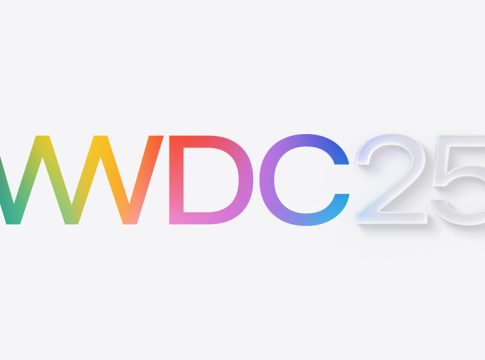Apple’s AI Journey: Mixed Signals Ahead of WWDC 2025
The tech community was abuzz last year during Apple’s Worldwide Developer Conference (WWDC) as expectations soared for the launch of its AI capabilities. Anticipation was high that Apple would unveil a platform robust enough to rival tech titans like Google and OpenAI. Yet, as the dust settled, the actual advancements have left many developers and consumers feeling underwhelmed.
A Promised AI Vision on Hold
Apple’s foray into artificial intelligence has encountered significant hurdles. The ambitious goals for 2024, which included a groundbreaking blend of on-device AI and a revamped Siri, remain largely unfulfilled. What was meant to elevate Apple’s AI offerings has instead revealed a series of delays and inconsistencies that raise questions about its competitiveness.
One of the most significant setbacks has been the personalized Siri experience showcased at last year’s conference. Slated to be a cornerstone of Apple’s AI strategy, this context-aware assistant was expected to smoothly navigate user behaviors across various applications. With its delayed rollout, developers have been unable to harness its capabilities, leading to missed opportunities for creating more dynamic app experiences.
Struggling to Compete
As competitors like OpenAI and Google accelerate their advancements, Apple finds itself in a precarious position. Current expectations for WWDC 2025 are markedly tempered compared to last year, with developers seeking modest improvements rather than significant breakthroughs. Incremental enhancements in AI integration and tools for developers to experiment with Apple’s AI systems appear to be the new bar for success.
While tools like Cursor and Replit have made waves in enabling smoother code generation, Apple’s development environment seems outdated in comparison. The demand for AI-driven applications on the web is stronger than ever—ChatGPT’s initial web success showcased how effective online platforms can be for distributing AI tools. For Apple, modernizing its app development ecosystem is no longer optional; it’s a necessity.
Legal Challenges and Market Dynamics
As if the AI landscape weren’t complex enough, Apple must also navigate significant legal changes impacting its App Store revenue model. Recent court rulings have pressured the tech giant to remove restrictions barring developers from directing customers to external payment methods—an outcome that could have huge implications for its income stream.
With a reported $1.3 trillion in billings for 2024 largely coming from non-commissionable sales, shifting dynamics in app payment strategies could further challenge Apple. Developers may soon incentivize customers to purchase outside the App Store, potentially leading to lower prices for users but fewer earnings for Apple.
A Call for Clarity and Growth
As WWDC 2025 approaches, Apple faces a formidable task: to redefine its narrative around AI. With increasing competitive pressures and evolving legal landscapes, Apple’s ability to reassure developers and users of its value proposition is more crucial than ever.
The current landscape shows that in an age where AI is rapidly evolving, companies can no longer afford to lag behind. Apple must find a way to regain its footing in the AI arena, demonstrating tangible value not only for end users but also for the developers powering its ecosystem.

Writes about personal finance, side hustles, gadgets, and tech innovation.
Bio: Priya specializes in making complex financial and tech topics easy to digest, with experience in fintech and consumer reviews.

